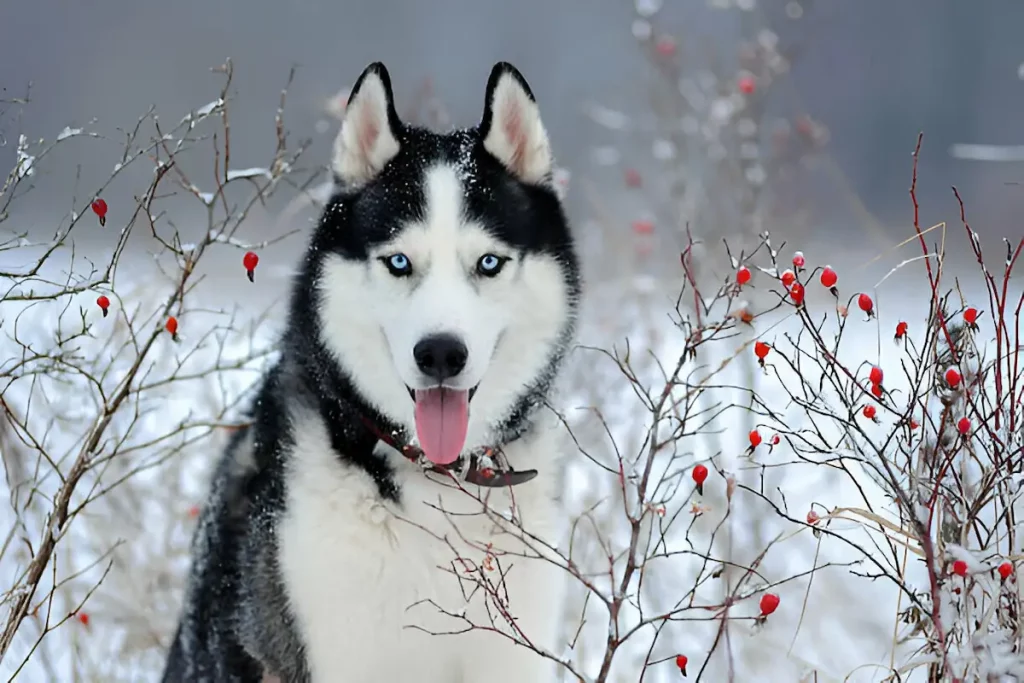Dogs are not just pets; they are beloved members of the family. As such, it’s crucial to ensure they receive proper nutrition to maintain their health and well-being. Just like humans, dogs require a balanced diet consisting of essential nutrients to thrive. In this article, we’ll explore the foods that are good for dogs and how they contribute to a healthy lifestyle.
Essential Nutrients for Dogs
Protein is a fundamental component of a dog’s diet, crucial for muscle development, tissue repair, and overall growth. High-quality protein sources such as chicken, beef, fish, and eggs are excellent choices for ensuring your dog receives the protein it needs.
Healthy fats are another essential nutrient for dogs. Omega-3 fatty acids, found in fish oil and flaxseed oil, are particularly beneficial for promoting a healthy coat and skin, as well as supporting brain function.
Complex carbohydrates provide a source of energy for dogs. While dogs don’t require carbohydrates in the same way humans do, they can still benefit from sources like brown rice, sweet potatoes, and oats, which provide fiber and other essential nutrients.
Vitamins and Minerals
Vitamins and minerals play a vital role in a dog’s overall health. Vitamin A is essential for vision and immune function, while vitamin D helps regulate calcium and phosphorus levels. Calcium and phosphorus are crucial for maintaining strong bones and teeth.
Related: What Can Puppies Eat? A Complete Guide to Puppy Nutrition
Foods to Avoid
While many foods are safe and healthy for dogs, some can be toxic or harmful. Chocolate, grapes, and onions are just a few examples of foods that should be avoided, as they can cause serious health issues in dogs.
Feeding Guidelines
When it comes to feeding your dog, it’s essential to follow general guidelines for portion sizes and feeding frequency. Consulting with a veterinarian can provide personalized recommendations based on your dog’s age, size, and activity level.
conclusion
In conclusion, a well-balanced diet is crucial for your dog’s health and longevity. By understanding what foods are good for dogs and incorporating them into their diet, you can help ensure that they live a happy and healthy life. Remember to provide a variety of protein sources, healthy fats, complex carbohydrates, vitamins, and minerals, and always consult with your veterinarian for personalized feeding recommendations.
FAQs About Dog Nutrition
Can I feed my dog human food?
While some human foods are safe for dogs, others can be toxic. It’s best to stick to dog-specific foods and treats or consult with your veterinarian before offering human food.
How much should I feed my dog?
Feeding requirements vary depending on your dog’s size, age, and activity level. Your veterinarian can provide guidance on the appropriate portion sizes for your dog.
Are raw diets safe for dogs?
Raw diets can pose risks such as bacterial contamination and nutritional imbalances. It’s essential to consult with a veterinarian before feeding your dog a raw diet.
What should I do if my dog has food allergies?
If you suspect your dog has a food allergy, consult with your veterinarian. They can help identify the allergen and recommend an appropriate diet.
Is it okay to give my dog supplements?
Giving your dog supplements should be done under the guidance of a veterinarian. While some supplements can be beneficial, others can be harmful if not given correctly.


